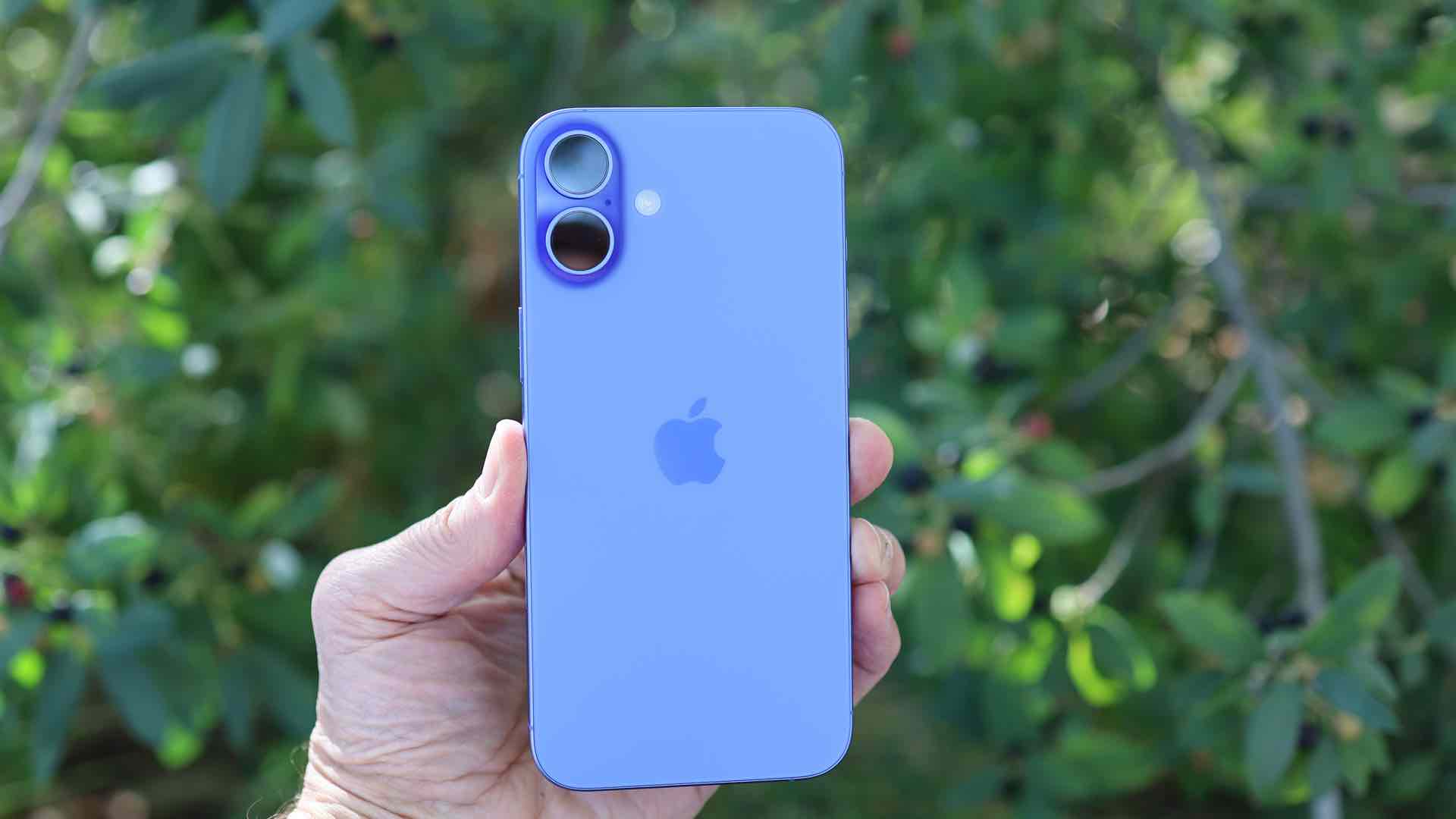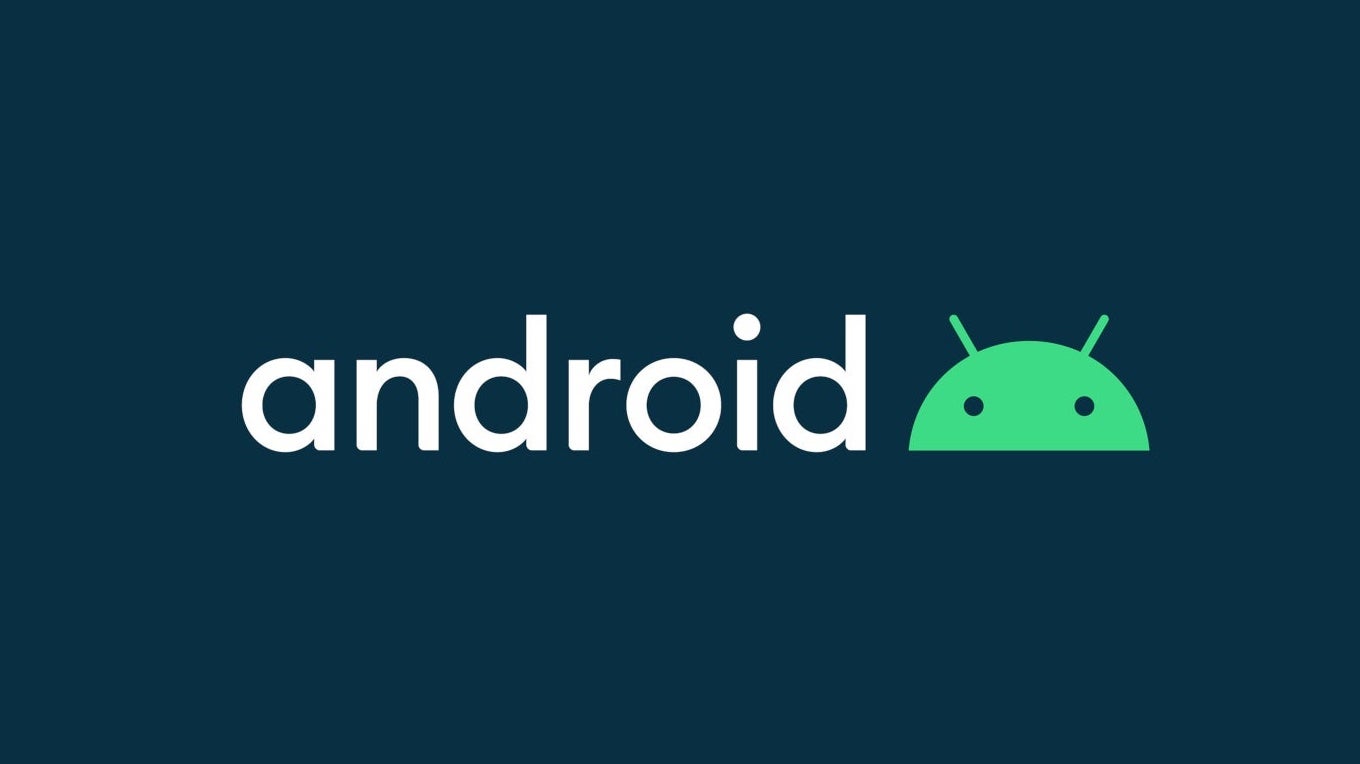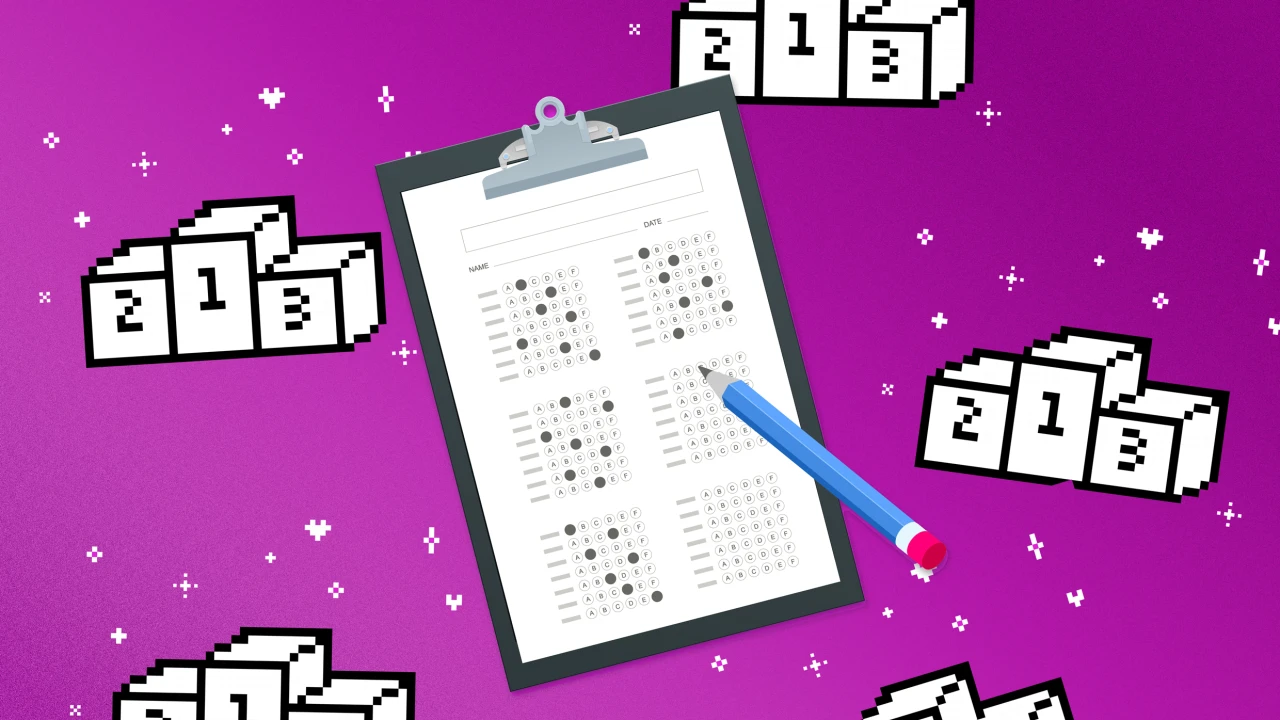Clean Code Is a Habit, Not a Talent
A smart developer once said: "Clean code isn’t some magic skill — it’s just a habit you build over time." And guess what? You can totally build that habit. Clean code means writing code that's clear, organized, and easy to work with. It makes your life (and your teammates’ lives) way easier. But let’s be honest — how many times have we said, “I’ll clean this up later”? Here’s the truth: There’s never a perfect time to refactor Messy code turns into technical debt — and sooner or later, you’ll have to deal with it. It’s better to start clean than to fix bugs forever later. Writing clean code isn’t as hard as it sounds. Actually, it can feel really natural once you get the hang of it. Think of it like building something with care — not just typing stuff out. Here are a few simple tips to help you write cleaner code: 1. Keep Things Short Don’t stuff too much into one file. Break things up. If you're reusing the same logic in multiple places, put it in a separate utility file. For example, say you always need to generate a running number for a table ID. Instead of repeating that logic everywhere, just make a helper function: function runningNumber(id: number): string { return `CB${id}`; } Then call it like this: const id = this.specialServices.runningNumber(this.listData.id); Now you’ve got one clean line that does the job — and you only need to update it in one place if anything changes. This keeps your code short. Some devs even set a file size limit (like 200–400 lines), but honestly, the smaller, the better. 2. Reuse Components If a part of your app (like a modal, breadcrumb, or table) shows up in multiple places, make it a shared component — with its own HTML and logic. Then you can reuse it anywhere by just passing in the content you want. It saves time and keeps things clean. 3. Name Your Variables Well Good names make a huge difference. Avoid stuff like: const a = 12; That tells you nothing. Instead, try: const userAge = 12; Now it’s instantly clear what that value means. I’ll explain it in more detail in the refactoring article, so stay tuned! Just remember: Clean code is a habit, not a talent. Once it becomes second nature, everything gets smoother.
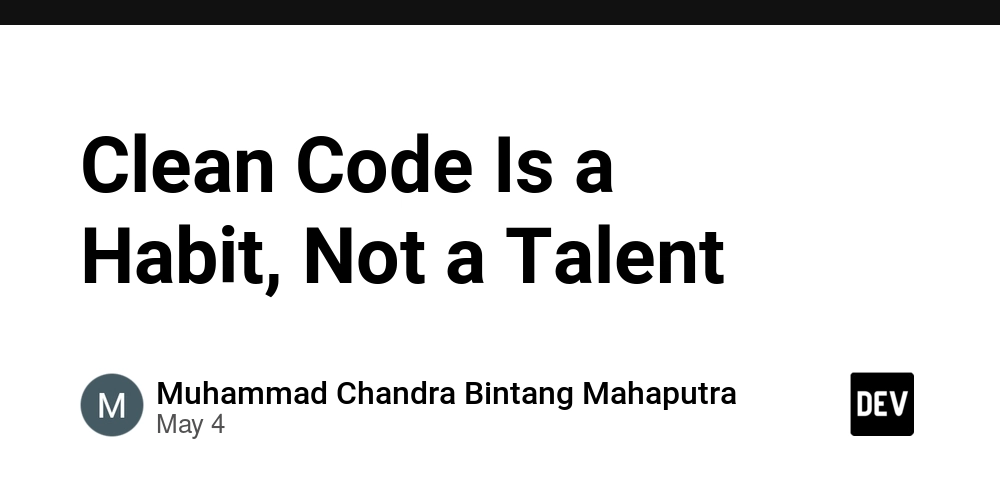
A smart developer once said:
"Clean code isn’t some magic skill — it’s just a habit you build over time."
And guess what? You can totally build that habit.
Clean code means writing code that's clear, organized, and easy to work with. It makes your life (and your teammates’ lives) way easier. But let’s be honest — how many times have we said, “I’ll clean this up later”?
Here’s the truth:
There’s never a perfect time to refactor
Messy code turns into technical debt — and sooner or later, you’ll have to deal with it. It’s better to start clean than to fix bugs forever later.
Writing clean code isn’t as hard as it sounds. Actually, it can feel really natural once you get the hang of it. Think of it like building something with care — not just typing stuff out.
Here are a few simple tips to help you write cleaner code:
1. Keep Things Short
Don’t stuff too much into one file. Break things up. If you're reusing the same logic in multiple places, put it in a separate utility file.
For example, say you always need to generate a running number for a table ID. Instead of repeating that logic everywhere, just make a helper function:
function runningNumber(id: number): string {
return `CB${id}`;
}
Then call it like this:
const id = this.specialServices.runningNumber(this.listData.id);
Now you’ve got one clean line that does the job — and you only need to update it in one place if anything changes. This keeps your code short.
Some devs even set a file size limit (like 200–400 lines), but honestly, the smaller, the better.
2. Reuse Components
If a part of your app (like a modal, breadcrumb, or table) shows up in multiple places, make it a shared component — with its own HTML and logic.
Then you can reuse it anywhere by just passing in the content you want. It saves time and keeps things clean.
3. Name Your Variables Well
Good names make a huge difference.
Avoid stuff like:
const a = 12;
That tells you nothing. Instead, try:
const userAge = 12;
Now it’s instantly clear what that value means.
I’ll explain it in more detail in the refactoring article, so stay tuned!
Just remember:
Clean code is a habit, not a talent.
Once it becomes second nature, everything gets smoother.





































































































































































![[The AI Show Episode 145]: OpenAI Releases o3 and o4-mini, AI Is Causing “Quiet Layoffs,” Executive Order on Youth AI Education & GPT-4o’s Controversial Update](https://www.marketingaiinstitute.com/hubfs/ep%20145%20cover.png)












































































































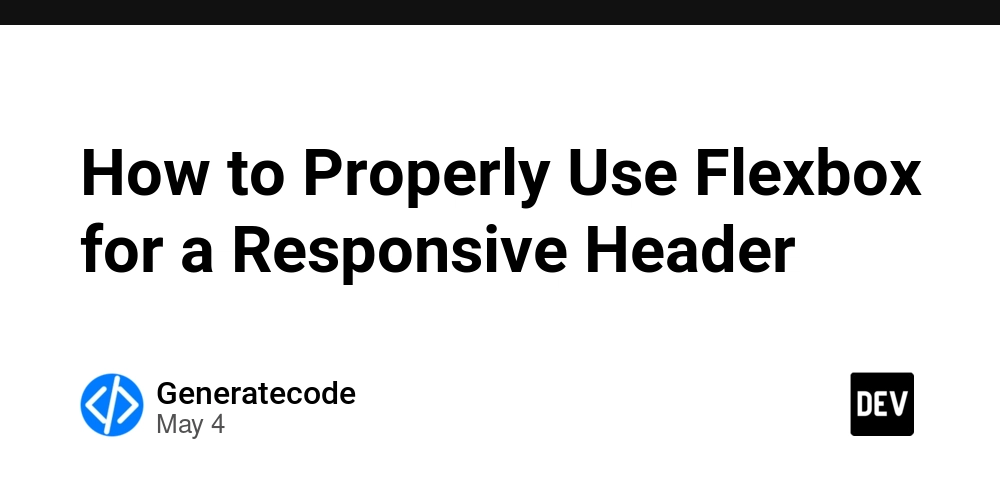
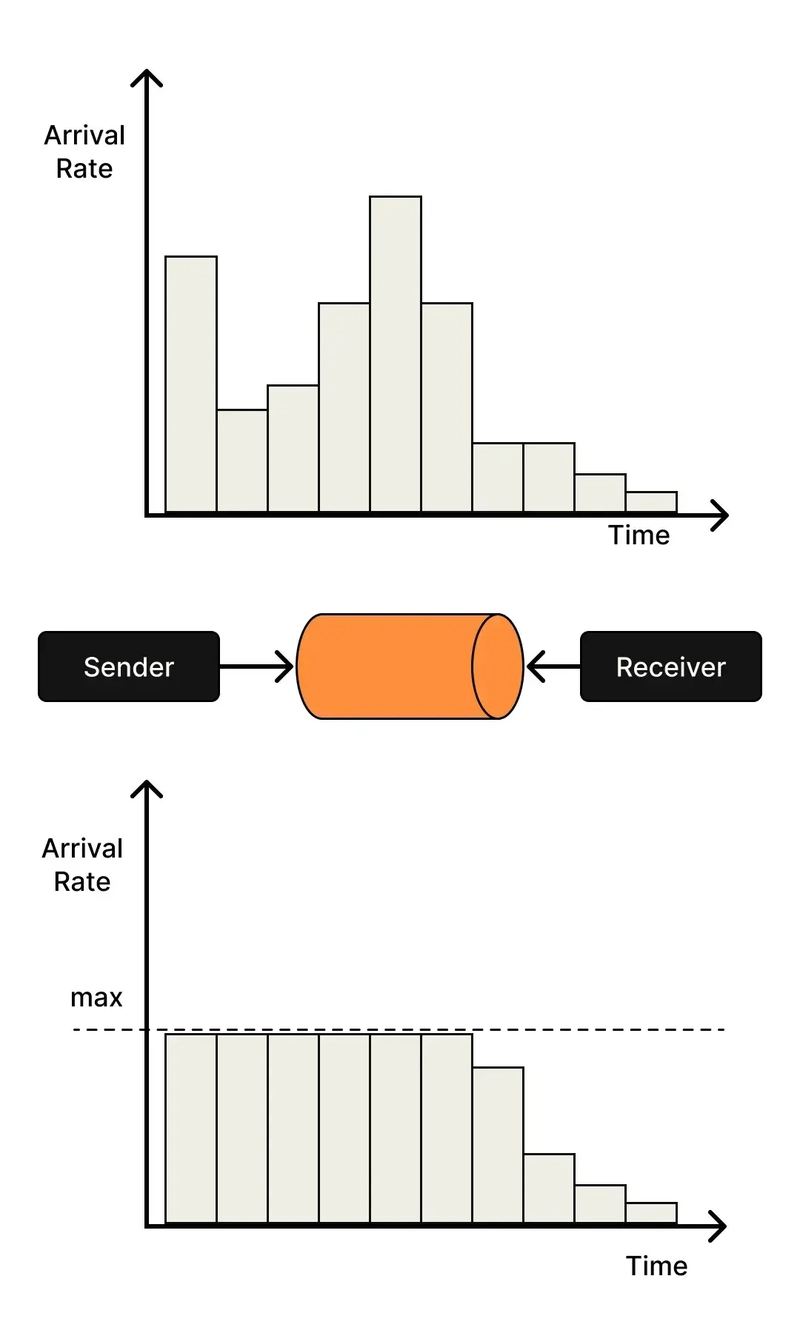













![[DEALS] Microsoft 365: 1-Year Subscription (Family/Up to 6 Users) (23% off) & Other Deals Up To 98% Off – Offers End Soon!](https://www.javacodegeeks.com/wp-content/uploads/2012/12/jcg-logo.jpg)




![From Art School Drop-out to Microsoft Engineer with Shashi Lo [Podcast #170]](https://cdn.hashnode.com/res/hashnode/image/upload/v1746203291209/439bf16b-c820-4fe8-b69e-94d80533b2df.png?#)





















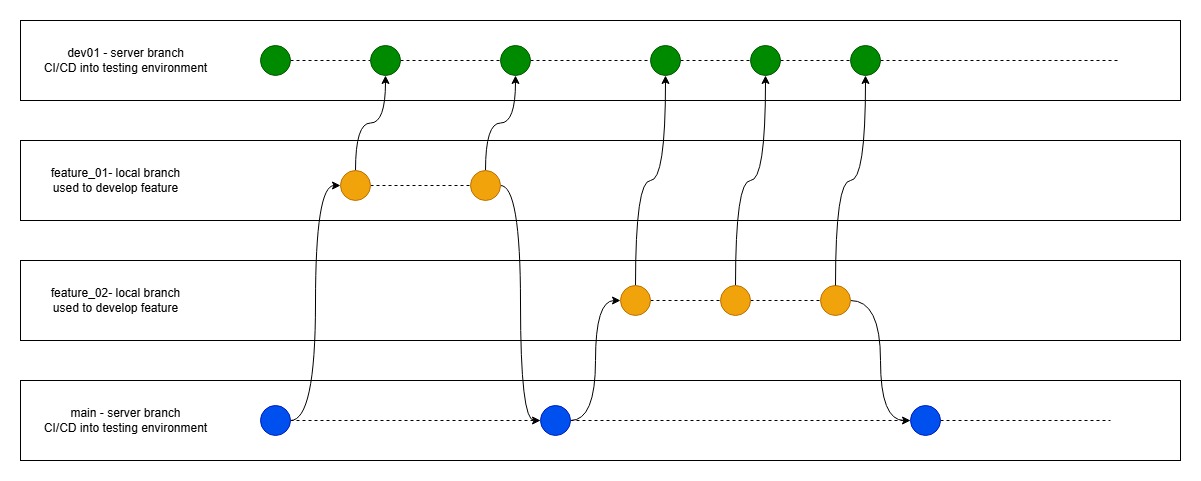




















































































(1).jpg?#)































_Inge_Johnsson-Alamy.jpg?width=1280&auto=webp&quality=80&disable=upscale#)







































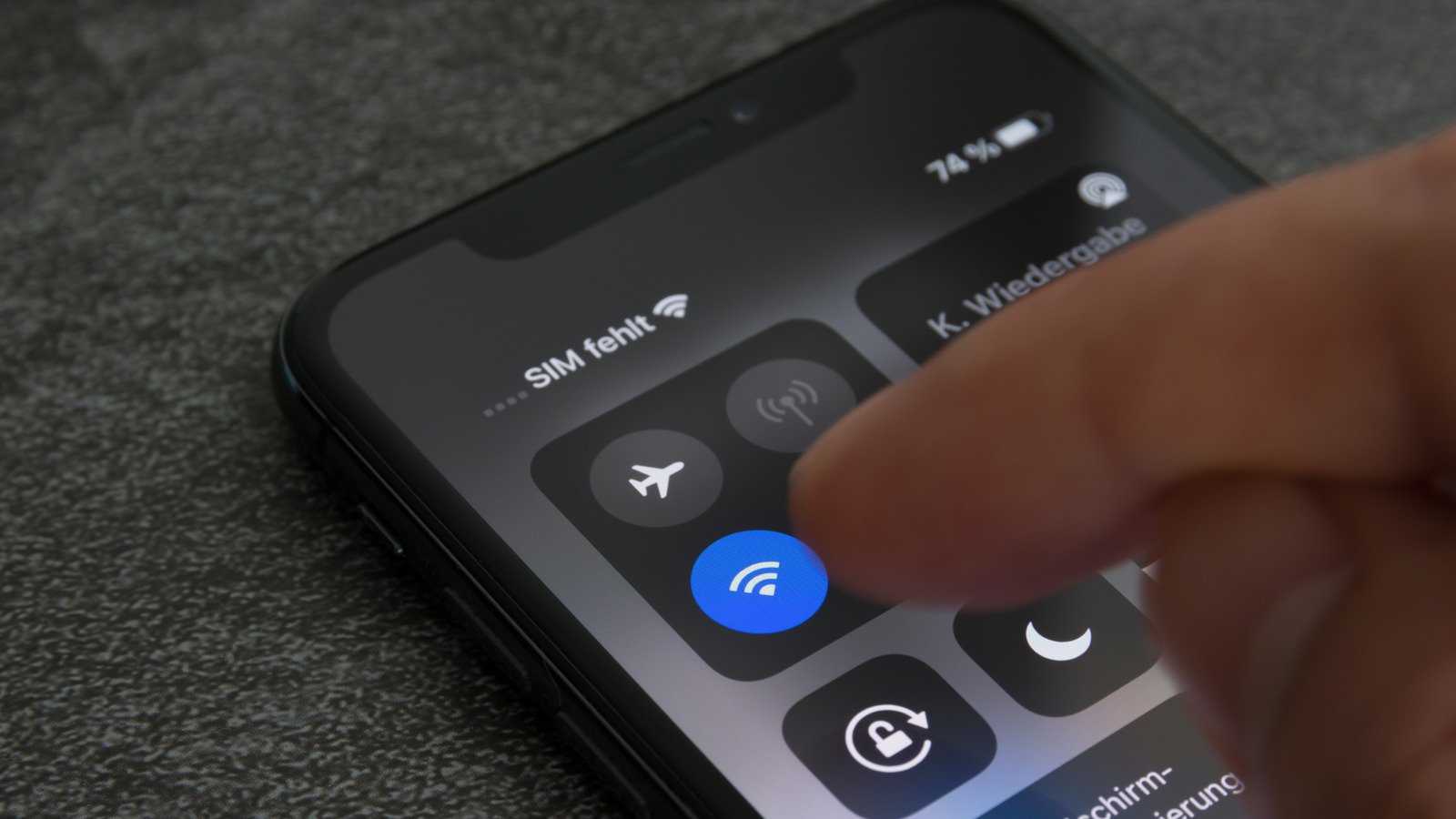











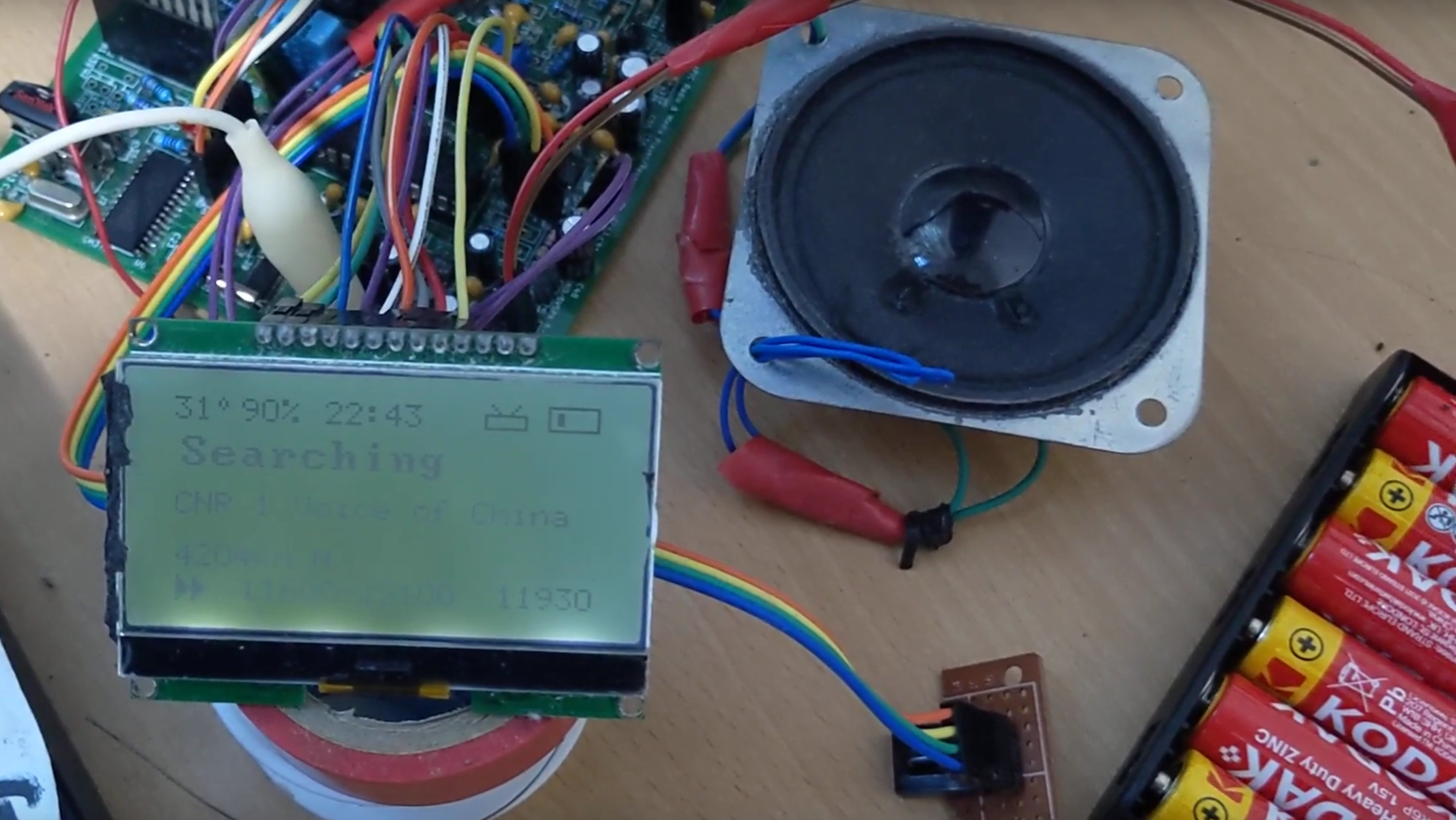
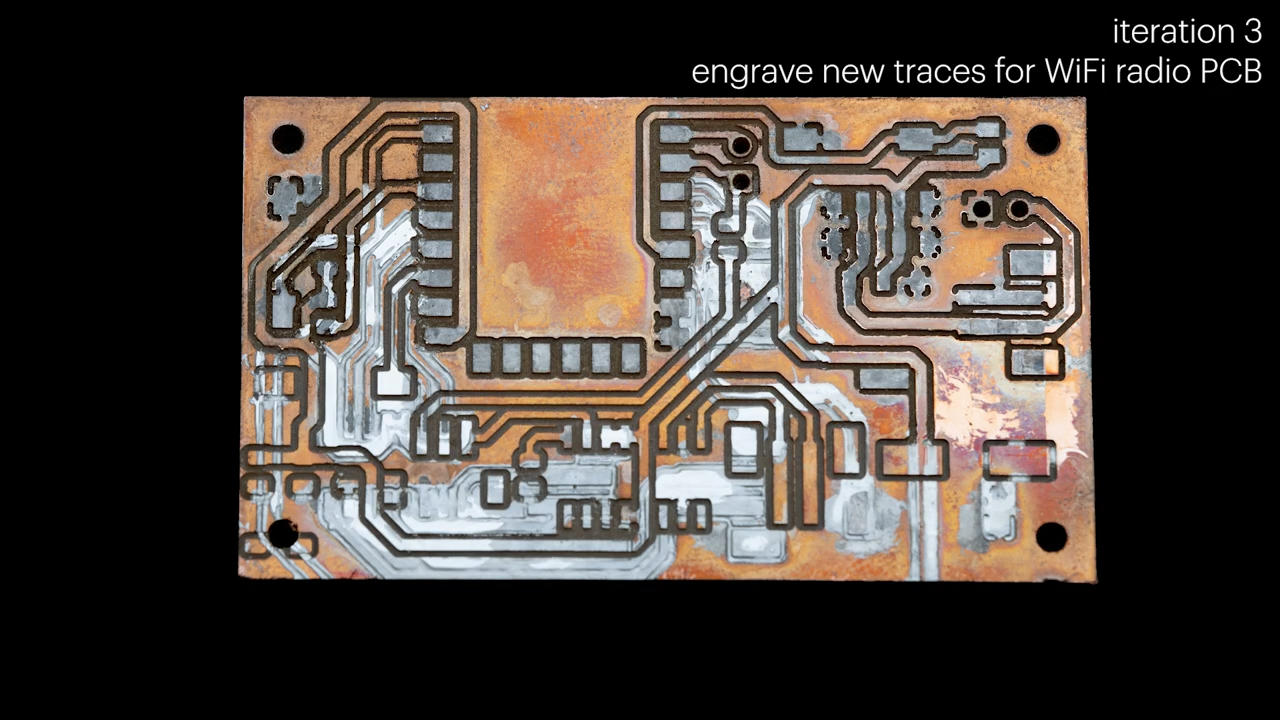


























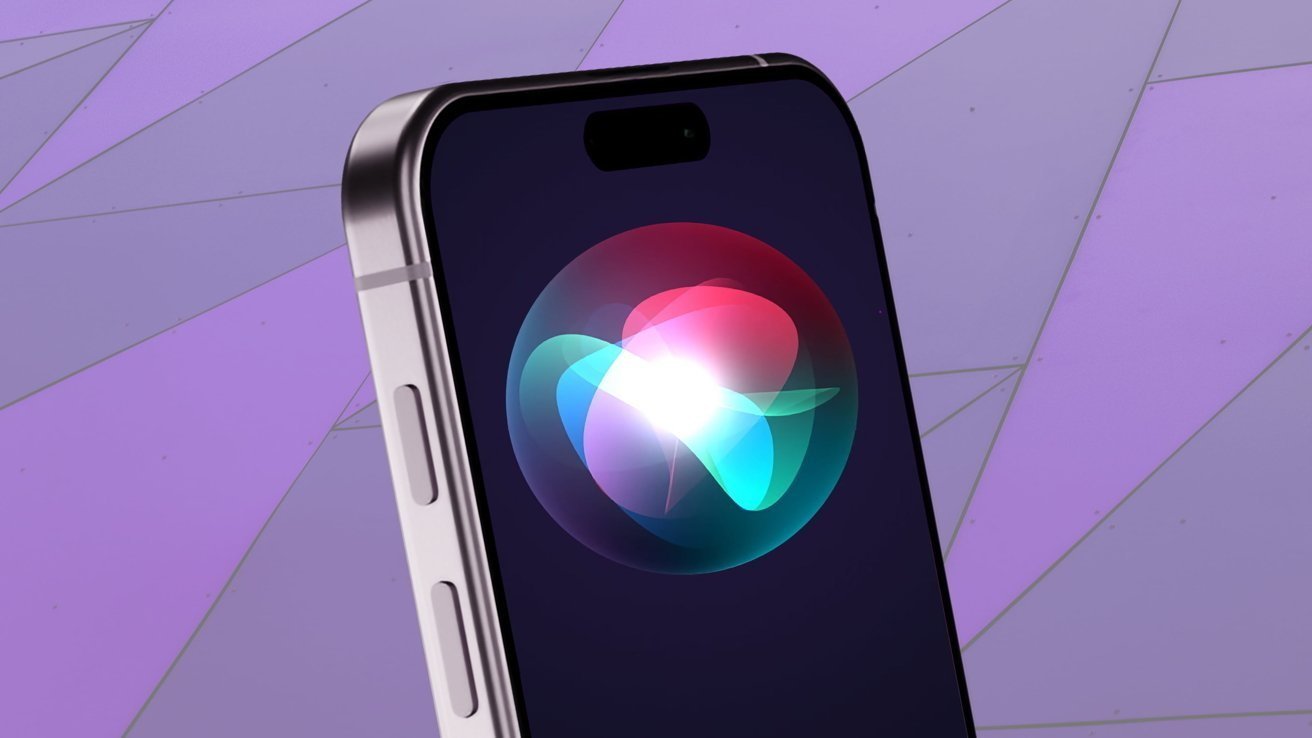

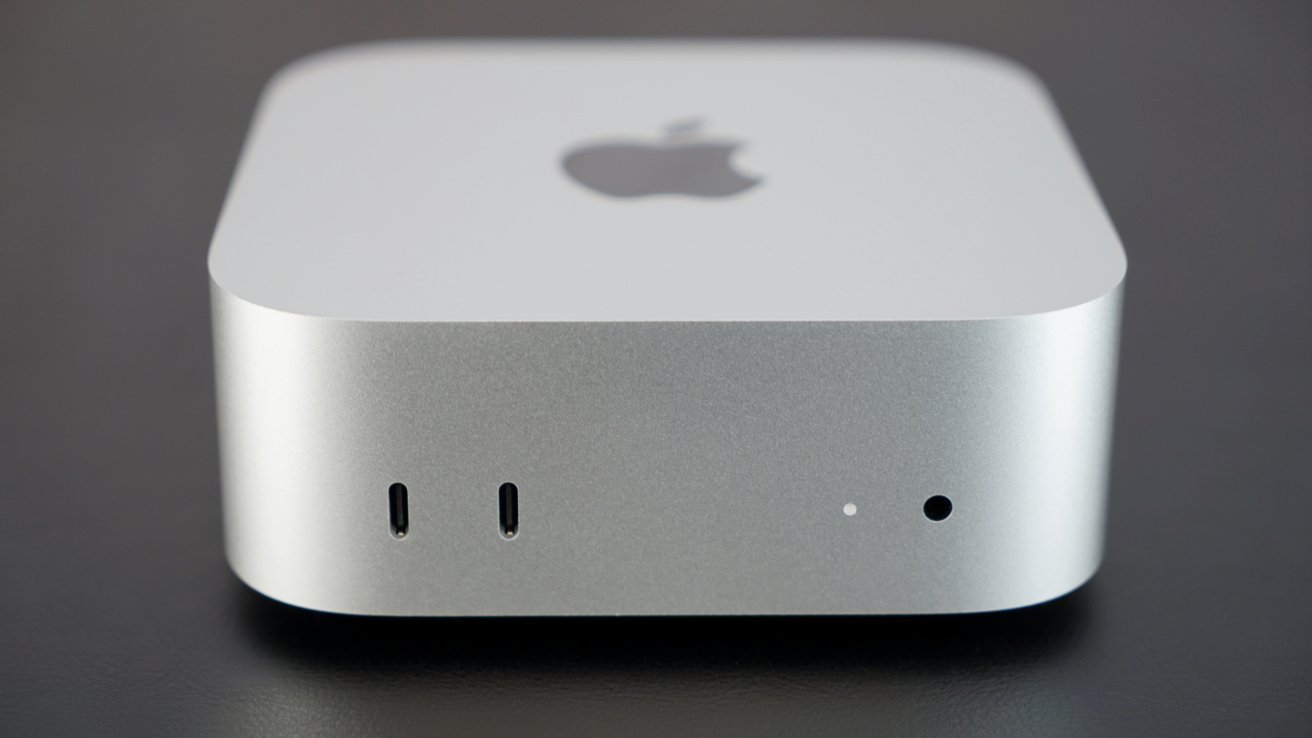







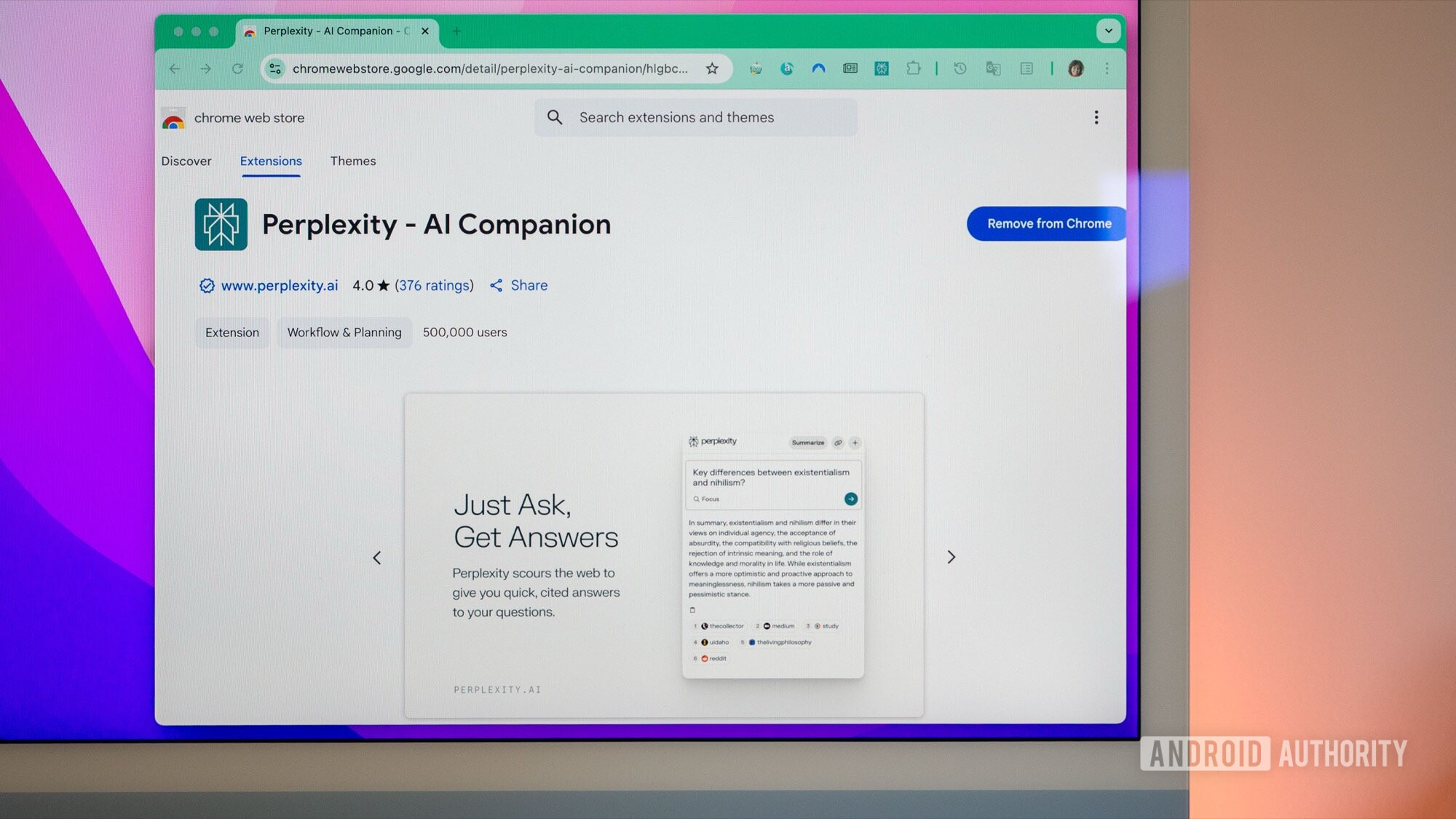





















![New Apple iPad mini 7 On Sale for $399! [Lowest Price Ever]](https://www.iclarified.com/images/news/96096/96096/96096-640.jpg)
![Apple to Split iPhone Launches Across Fall and Spring in Major Shakeup [Report]](https://www.iclarified.com/images/news/97211/97211/97211-640.jpg)
![Apple to Move Camera to Top Left, Hide Face ID Under Display in iPhone 18 Pro Redesign [Report]](https://www.iclarified.com/images/news/97212/97212/97212-640.jpg)
![Apple Developing Battery Case for iPhone 17 Air Amid Battery Life Concerns [Report]](https://www.iclarified.com/images/news/97208/97208/97208-640.jpg)


















